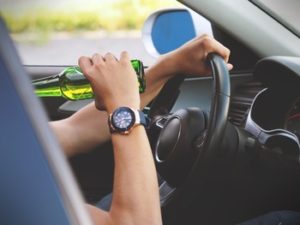
The rate of melanoma has been rising in the U.S.
In fact, the American Cancer Society (ACS) reports that more than 76,000 new melanoma cases were diagnosed in the U.S. this past year. More than 10,000 are expected to die of the disease in 2017. The ACS reports that having light skin, blond hair and/or skin that freckles or burns easily can put a person at up to 20 times the risk for developing skin cancer.
This study looked at how much alcohol participants reported consuming
Researchers analyzed the results of “food-frequency” questionnaires answered by 210,252 participants, followed for about 18 years. These questionnaires included information about how much alcohol they consumed and how often.
Alcohol consumption was linked with a higher risk of melanoma
Each glass of white wine a day added an additional 13% increased risk; whereas, beer, red wine and liquor didn’t significantly impact melanoma risk. Those who consumed about a glass and a half of wine or less than two bottles of beer were 2% more likely to have melanomas on the head, neck, arms or legs, but 73% more likely to have them on the back or stomach.
But it may not be due to the alcohol
Those who tend to over-consume may also be more likely to participate in other unhealthy activities, such as eating a bad diet, smoking and getting too much unprotected sun exposure. Melanoma is mostly related to sunburn and genetics.
Be smart about all lifestyle choices
Use sunscreen, don’t smoke, eat nutritiously and drink moderately. Pay attention to moles and see your dermatologist if anything unusual is happening with your skin. Call for an appointment today: In La Casita, (210) 692-3000 or in Sonterra, (210) 370-9995.
